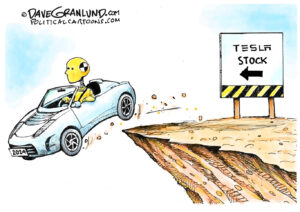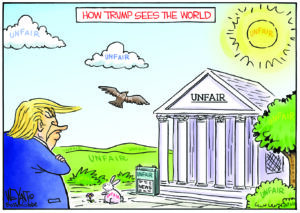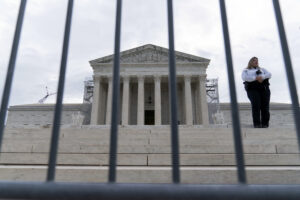Banks Repaid Bailout With Other Government Cash
Sure, Washington used taxpayer money to prop up the banks that played a crucial role in wrecking the economy. But at least the government turned a profit on the bailout, right? Not exactly.
Sure, Washington used taxpayer money to prop up the banks that played a crucial role in wrecking the economy. But at least the government turned a profit on the bailout, right? Not exactly.
According to a Government Accountability Office report, banks have been paying for the bailout loans with cash meant for lending to small businesses. –ARK
Your support matters…The Huffington Post:
All told, including dividend, interest and other payments, U.S. banks have repaid the government $211.5 billion under the Capital Purchase Program (CPP), the first phase of the government’s Troubled Asset Relief Program (TARP), according to a report Thursday by the Government Accountability Office, a congressional watchdog. That’s more than the $204.9 billion the banks initially got under TARP.
$211.5 billion minus $204.9 billion equals profit, right?
But 48 percent of the banks that have repaid the CPP used money they’d gotten from other federal programs, according to the GAO report. Those programs include the Community Development Capital Initiative — another TARP program — and the Small Business Lending Fund, a program designed to encourage lending to small businesses. Both of those programs have more favorable borrowing terms for the banks than the original CPP.
Independent journalism is under threat and overshadowed by heavily funded mainstream media.
You can help level the playing field. Become a member.
Your tax-deductible contribution keeps us digging beneath the headlines to give you thought-provoking, investigative reporting and analysis that unearths what's really happening- without compromise.
Give today to support our courageous, independent journalists.






You need to be a supporter to comment.
There are currently no responses to this article.
Be the first to respond.